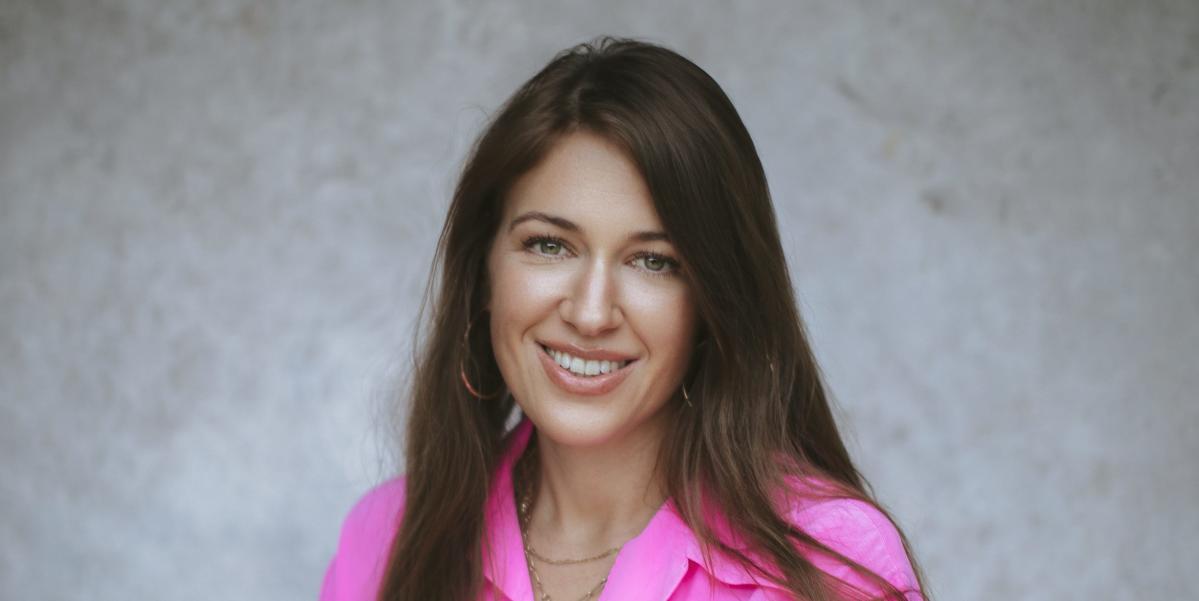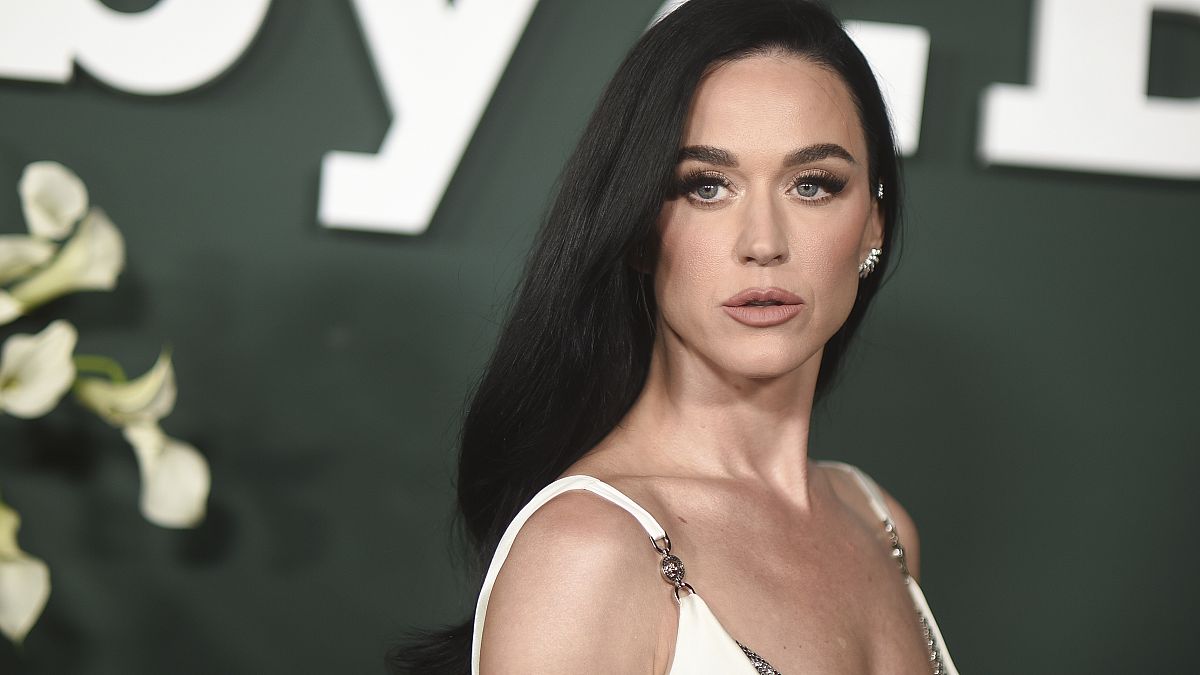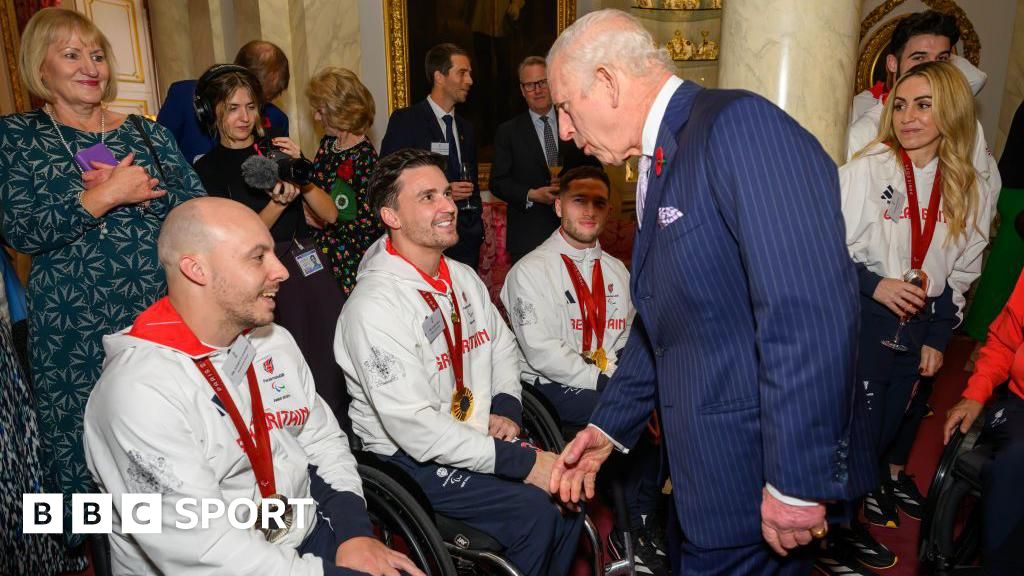Shopping
Bella Mackie: ‘Why I only shop second hand now’

I have always been an avid shopper; my mother used to joke that the gene had been passed straight down from her mother – some of whose beautiful clothes I used to dress up in as a child – to me. From the moment I had money to spend, it was on clothes. Partly, I was a product of my time – my teenage years coincided with the glory days of Topshop, Kookai and Morgan, which brought trends to every high street.
As an adult, I’ve always used shopping as an emotional buffer. Celebrating something? Go and buy a new dress. Having a terrible week? Cheer myself up with a restorative stroll round a department store. Fashion made me happy; it felt like a simple and harmless habit to indulge in as often as my bank balance allowed. My cupboards bulged in a way I found irrationally satisfying; I had no reason to think I’d ever change.
I did, of course. Slowly, in a way that crept up on me over time and surprised me. Something shifted when I became a vegetarian over a decade ago: it was a decision I made for entirely ethical reasons, no longer able to bear the idea of animals dying for my appetite. It took a good few years before I considered my leather double standard – it was a byproduct, I reasoned blithely – but, eventually, I realised it was a fairly epic form of cognitive dissonance to eschew meat but happily don animal hide.
I continued being a rampant consumer for a long time, feeling only mild twinges of guilt when I read articles about the waste that the fashion industry is guilty of producing. Those feelings strengthened as we all learnt more about the impact fast fashion has on climate change – with experts estimating that 2 to 8% of emissions are created by the industry. That’s more than shipping and international aviation combined. I’d always felt proud I didn’t shop at brands that sell clothes for unbelievably cheap prices, but I began to question whether the places I did frequent were all that much better.
Eventually, I was unable to carry on justifying my shopping habits with the flimsy argument that buying a new top gave me a brief hit of serotonin. I felt really ashamed it had taken me so long to face up to the fact that my “harmless” hobby wasn’t so harmless. A year ago, I decided I wouldn’t buy new clothes, shoes, jewellery or handbags anymore. I signed up to resale platforms and dipped a toe in the sometimes confusing world of second hand selling.
In the year I’ve been buying second hand, my mindset has shifted in ways I didn’t expect. Seeing how much is available on resale sites has only made me even more aware of just how little we value our clothes, and just how much stuff we discard. It’s shocking how often I can search for something I want and find it brand new or worn once on Vinted or depop. That serotonin hit so many of us have chased is not something that lasts past a few wears when you buy something almost without thinking.
I’ve also changed how often I shop, losing that long held desire to keep up with the never-ending new drops that ensure we stay ‘on trend’. I can now go weeks without looking at a shopping site, and try to never mindlessly browse. Instead, I attempt to only look for something specific I want within tight search perimeters, which lessens the temptation to buy things spontaneously. For a while I would still walk around high street shops, almost testing myself to see whether I’d break down and fill a basket with shiny new clothes. That urge has dimmed dramatically in the year since I stopped buying new clothes, and now when I wander around I’m usually slightly exhausted by the breadth of choice on offer.

Shopping second hand has also made me more committed to buying natural fibres as much as possible. Fast fashion isn’t the only culprit when it comes to pumping out polyester – a shocking amount of high end designer brands charge obscene amounts of money for throwaway fabric. There’s a real joy in finding pure wool trousers for cold winters, or something beautiful made out of silk.
I have found limitations to my rule. There are certain things I still buy new – T-shirts, underwear and socks, for example – though shoes, which some people are squeamish about, I’m happy to buy second hand. I’ve also fallen off the wagon a couple of times – being caught short in the cold and in dire need of a jumper and spotting a pair of trousers I’d longed for on sale. That didn’t make me feel great. The other uncomfortable fact is harder to square. I have enough clothes to last me a decade. If I stopped buying anything at all, I’d be fine. That’s the truly ethical thing to do, but I can’t quite face slamming the door shut on consumerism entirely. As we all do every day in a thousand different ways, I’ve made a compromise which absolves me of some of the responsibility but by no means all of it. For now, it still feels like one I can live with.
Bella Mackie’s second hand shopping tips
-
Decide what you want/need before you browse or it’ll become a doom scroll. Narrow your search down as much as possible – brand, material, size, colour etc, in order to sift out the irrelevant.
-
Be wary of sellers offering multiple sizes/colours – they’re normally not second hand but resellers who often bump up the price of new items.
-
Check the seller’s reviews before you buy – you don’t want to fall in love with a coat and then be disappointed when it doesn’t ship.
-
Sell your own clothes when you buy something – keep your wardrobe working for you; you don’t need a bulging cupboard even if it’s full of second hand stuff.
-
If you’re buying something designer, most sites will have an authenticity check, which can be done for a small fee. Definitely worth doing if you’re spending a bit more.
Bella Mackie’s new novel, What a Way to Go (The Borough Press, £20), is out now
You Might Also Like







